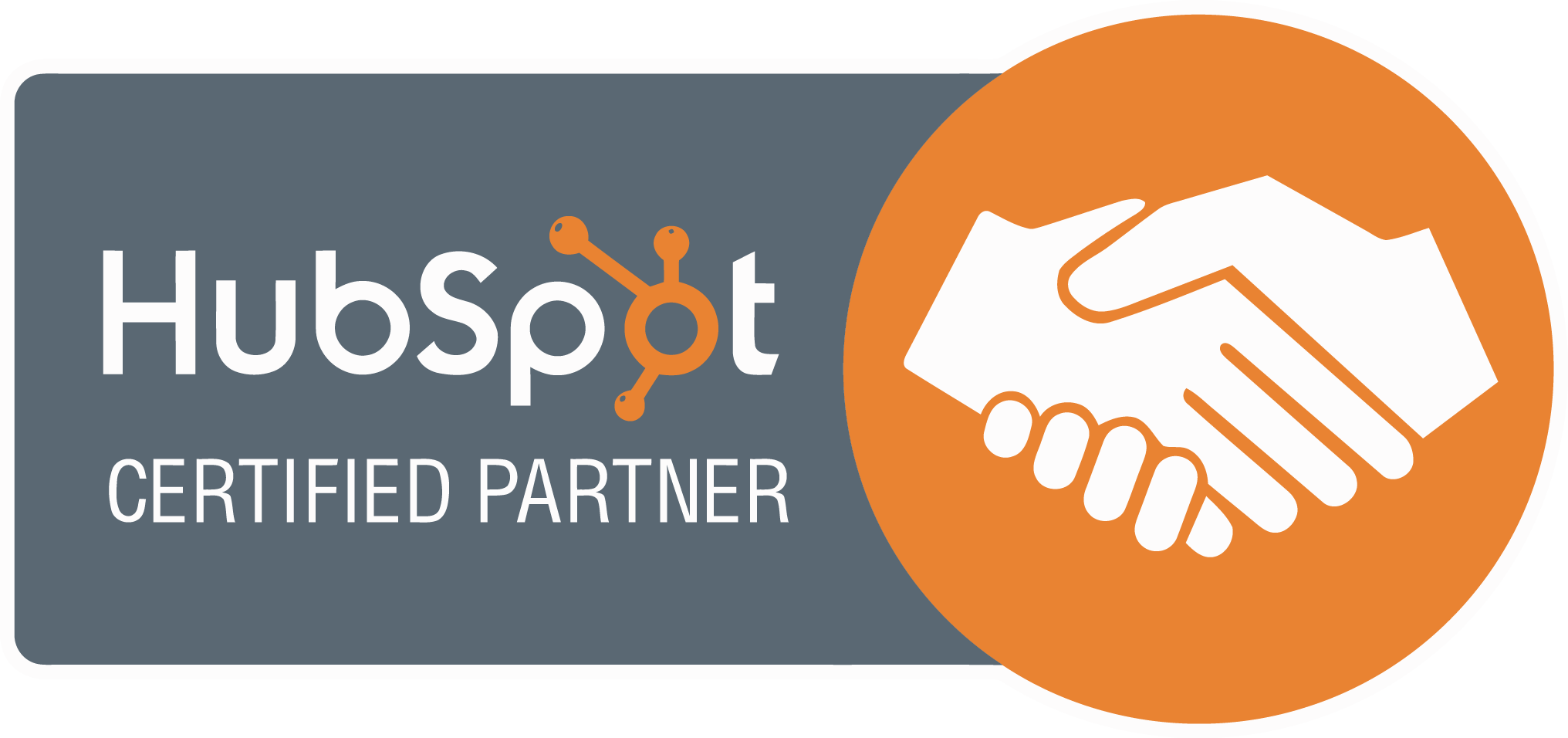Key Takeaways
-
Definition: YMYL (Your Money or Your Life) refers to content that can directly impact a user’s health, safety, finances, or legal decisions. Examples include medical advice, legal guidance, and financial planning.
-
Stricter Requirements: Google holds YMYL sites to a much higher standard because incorrect information can cause significant harm. Ranking depends heavily on demonstrating strong E-E-A-T (Experience, Expertise, Authoritativeness, Trustworthiness) signals.
-
Expertise and Transparency: Content must be written or reviewed by qualified professionals (e.g., licensed doctors, attorneys, certified financial planners). Pages must clearly display author names, qualifications, credentials, and links to professional profiles to build trust.
-
Trust and Accuracy: Core requirements include:
-
Expert Review: Evidence of fact-checking, editorial guidelines, and updated timestamps.
-
Trust Signals: A secure site (HTTPS), clear privacy policies, terms of service, and comprehensive ‘About’ pages with business details.
-
Accuracy: Content must be accurate, up-to-date, and regularly refreshed to reflect changes in laws, regulations, or medical recommendations.
-
-
Authority Building: Focus on earning high-authority backlinks from industry journals, professional associations, academic sources, and government sites to confirm your site’s reliability.
-
Content Structure and Schema: Content must be clear, user-focused, and evidence-supported. Useful schema types include
MedicalWebPage,FinancialService,LegalService, andPerson(for expert profiles) to improve entity understanding and support higher trust. -
The Consequence of Failure: YMYL sites that fail to meet these guidelines typically face significant ranking drops, loss of trust signals, and difficulty recovering from Google’s core algorithm updates.
YMYL stands for Your Money or Your Life. It refers to content that can directly impact a user’s health, safety, finances, or legal decisions. Because of the sensitivity and potential consequences, Google holds YMYL websites to a much higher standard. This makes YMYL SEO both challenging and essential.
This article explains what YMYL content is, why it has stricter ranking requirements, and how to optimise your website so Google trusts it.
What Is YMYL Content?
Google classifies content as YMYL when it can influence important aspects of a person’s life. These include:
- Health advice or medical information
- Legal guidance
- Financial advice and planning
- News and public information
- Safety and emergency information
- Government or civic information
- High-stakes shopping and product reviews
Websites in these categories must demonstrate high levels of expertise, accuracy, and trustworthiness.
Why YMYL SEO Is More Demanding
Google evaluates YMYL sites more strictly because incorrect information can harm users. To protect searchers, Google looks for strong E E A T signals. These include:
- Experience
- Expertise
- Authoritativeness
- Trustworthiness
Without clear E E A T, YMYL pages struggle to rank regardless of keyword optimisation.
Key SEO Requirements for YMYL Websites
Below are the most important elements for building trust and authority in competitive YMYL categories.
1. Use Qualified Experts
Content should be written or reviewed by professionals with relevant credentials. Examples:
- Doctors or registered nurses for health content
- Certified financial planners or accountants for finance topics
- Licensed attorneys for legal information
Displaying credentials helps Google confirm that content is accurate and safe.
2. Show Author Transparency
Your pages should clearly show:
- Author names
- Qualifications
- Professional experience
- Links to profiles or social pages
- Relevant certifications or licences
Transparent author information increases trust with both users and search engines.
3. Add Expert Review and Fact Checking
Pages should include evidence of review, such as:
- Expert verification
- Editorial guidelines
- Fact-checking pipelines
- Updated timestamps
- Medical or legal review notes
This is a strong indicator of quality for Google’s evaluators.
4. Strengthen Website Trust Signals
YMYL sites must go beyond standard optimisation to demonstrate reliability.
Important trust signals include:
- Secure site (HTTPS)
- Clear contact information
- Privacy policy and disclaimers
- Terms of service
- About page with business details
- Verified physical location when applicable
These reduce user risk and support stronger rankings.
5. Build High-Authority Backlinks
Authority is essential for YMYL content. Focus on earning links from:
- Industry journals
- Trusted news outlets
- Professional associations
- Academic sources
- Government or educational sites
These links help Google confirm that your site is a reliable authority.
6. Provide Accurate, Up-To-Date Information
Outdated YMYL content can harm users, so Google monitors freshness closely. Update pages regularly, especially when:
- Laws change
- Medical recommendations are updated
- Financial regulations shift
- New research becomes available
Your content must remain accurate and current.
7. Use Clear, User Focused Content Structure
YMYL content must be:
- Easy to read
- Well structured
- Supported by evidence
- Free of exaggerated claims
- Written in a balanced and neutral tone
Avoid sensational or misleading phrasing. Credibility is the priority.
8. Implement Structured Data
Structured data helps Google understand your site’s credibility. For YMYL topics, useful schema types include:
- MedicalWebPage
- FinancialService
- LegalService
- MedicalCondition
- FAQ
- Person (for expert profiles)
- Organization
Schema improves entity understanding and supports higher trust.
9. Build Strong Topical Authority
YMYL sites must cover their subject matter comprehensively. Create content clusters around subtopics such as:
- Symptoms, causes, and treatments for medical topics
- Financial planning, taxation, and investment guides
- Legal rights, processes, and definitions
Topical depth signals expertise.
10. Encourage Trust Through User Experience
A positive UX builds credibility. Prioritise:
- Fast loading times
- Mobile-friendly design
- Clear navigation
- Non-intrusive ads
- Accessibility compliance
YMYL pages should feel safe, professional, and reliable.
What Happens When YMYL Content Does Not Meet Guidelines?
Sites that fail to meet YMYL standards often face:
- Ranking drops
- Loss of trust signals
- Lower visibility for high-stakes keywords
- Difficulty recovering from updates
Google’s core updates often target low-quality YMYL sites.
Final Takeaway
YMYL SEO requires a higher standard of accuracy, transparency, and authority. Success comes from building real-world credibility, not just optimising keywords. If your website covers health, finance, legal, or other sensitive topics, strengthening E E A T and following YMYL guidelines is essential for visibility and trust.








